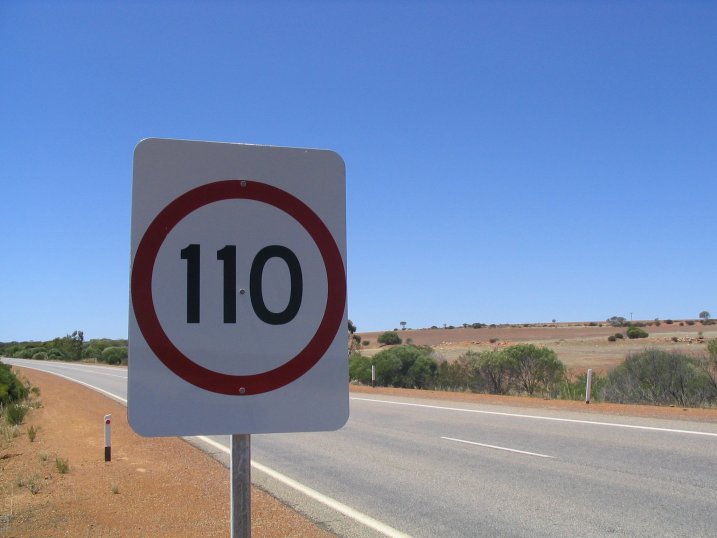Federev
Legend
It is just sick insane.
Just Ridiculous.
Laughably unbelievable.
Almost impossible to ever match.
It's the kind of stat that should mean the guy who does that also wins 3 of the last 5 slams at ages 35-36.
So he's done that too.
Just needed to celebrate this.
[OOPS!! I was wrong apparently - he did not win 16 through that time, but 12.]
Just Ridiculous.
Laughably unbelievable.
Almost impossible to ever match.
It's the kind of stat that should mean the guy who does that also wins 3 of the last 5 slams at ages 35-36.
So he's done that too.
Just needed to celebrate this.
[OOPS!! I was wrong apparently - he did not win 16 through that time, but 12.]
Last edited:

